Recovering from addiction is a complex and sometimes difficult road. The impacts of drug or alcohol use affect everyone in unique ways, and therefore, the journey each person takes to finding sobriety varies widely. 12 Step programs are familiar to most people. These tried and true peer support groups have helped millions of people worldwide find and maintain sobriety every year for decades. Today, the 12 steps are incorporated into many addiction treatment programs across the nation as part of drug or alcohol addiction treatment and aftercare programs.
What is a 12 Step Program?
A 12 step program is a plan designed around 12 specific steps to help struggling addicts overcome an addiction or compulsive behavior. Although the first 12 step program, Alcoholics Anonymous, was focused on helping alcoholics achieve lasting sobriety, the 12 steps have evolved. Today they are applied to many mental health concerns. The 12 steps focus on the idea that as a group, people who share the same struggle can help one another achieve and maintain abstinence from harmful behaviors or sobriety from a substance.
When were 12 Step Programs Invented?
Alcoholics Anonymous, or AA, was founded in 1935 in Akron, Ohio. At that time, Bill Wilson and Dr. Robert Holbrook Smith (Bill W. and Dr. Bob), both hopeless alcoholics, were on the verge of losing everything. Bill and Bob were struggling to find a way to quit drinking once and for all in a time where people viewed drinking as a moral failing, a sin, or worse. Peer support groups like AA were unheard of as society believed addiction should be kept quiet and resolved in private.
The first AA meeting took place in Akron in 1935, and four years later, the first edition of the AA Big Book was released. The Big Book contained the original version of the 12 steps, which have effectively remained the same since 1939. The importance of allowing anonymity for those seeking help was reinforced by providing only one’s first name when interacting as part of meetings or with the public.
Throughout the next 20 years, AA chapters appeared across the nation. A group that started with a few hundred members had grown to well over 10,000 members and 400 chapters by the mid-1940s. Since its founding, the guiding principles outlined in the original AA Big Book have been adapted to more than a dozen forms of addiction and compulsive behaviors. Today, more than two million AA members participate in more than 120,000 groups around the world. NA or Narcotics Anonymous is the second-largest addiction peer support group based on the 12 steps. Founded in 1953, NA holds more than 67,000 meetings each week in more than 140 countries.
What are the 12 Steps of Recovery?
The original 12 steps were designed to help addicts seeking sobriety progress one step at a time towards lasting sobriety. The 12 steps taken from the Alcoholics Anonymous (AA) manual are:
1. We admitted we were powerless over alcohol — that our lives had become unmanageable.
2. Came to believe that a Power greater than ourselves could restore us to sanity
3. Made a decision to turn our will and our lives over to the care of God as we understood Him.
4. Made a searching and fearless moral inventory of ourselves.
5. Admitted to God, to ourselves, and to another human being the exact nature of our wrongs.
6. Were entirely ready to have God remove all these defects of character.
7. Humbly asked Him to remove our shortcomings.
8. Made a list of all persons we had harmed and became willing to make amends to them all.
9. Made direct amends to such people wherever possible, except when to do so would injure them or others.
10. Continued to take personal inventory and when we were wrong promptly admitted it.
11. Sought through prayer and meditation to improve our conscious contact with God as we understood Him, praying only for knowledge of His will for us and the power to carry that out.
12. Having had a spiritual awakening as the result of these steps, we tried to carry this message to alcoholics and to practice these principles in all our affairs.
How to Find a 12 Step Program Near Me
If you or a loved one are struggling with addiction and would like to learn more about how the 12 Steps can help, contact us at Liberty House today. Our admissions team will work with you to teach you about our rehab and our programs. The 12 Steps of recovery have helped millions achieve lasting health, wellness, and freedom from the chains of addiction; let us help you start your journey.


